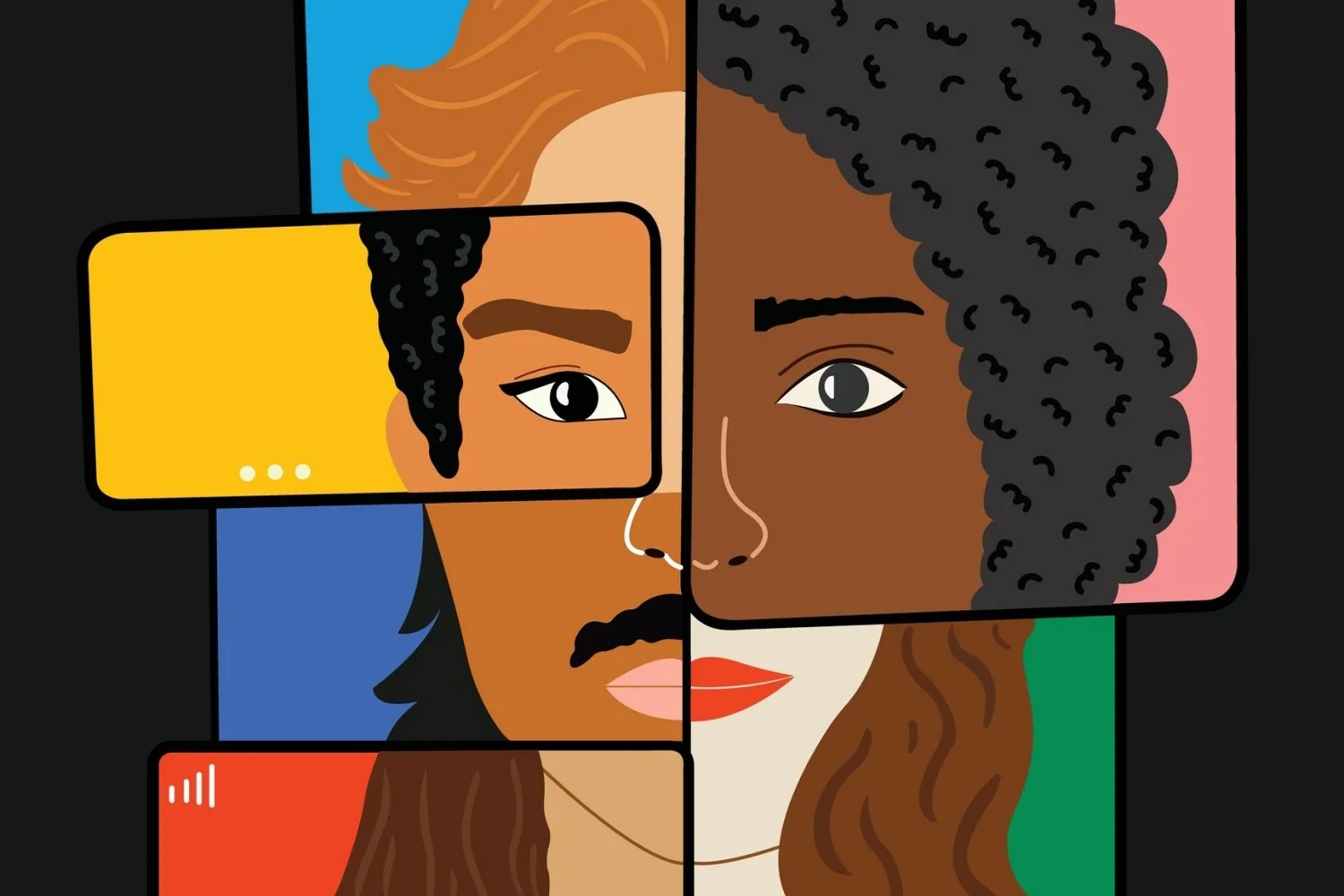In the early 1900s, W.E.B. Du Bois highlighted the life experiences of Black residents in Philadelphia, illustrating the prevalent racist attitudes of the white community. He emphasized how disparities in areas such as health outcomes weren’t just the result of discriminatory beliefs but rooted in an ingrained systemic racism within American institutions.
Fast forward nearly 125 years, and the idea of “systemic racism” has become pivotal in racial studies. Numerous studies, reminiscent of Du Bois’s work, have systematically documented the structures that facilitate racial inequity in laws and institutions while examining the impact of these inequalities.
“A wealth of research has confirmed the existence of racial discrimination and systemic inequities across virtually every sector of American society,” notes MIT Professor Fotini Christia, who leads the MIT Institute for Data, Systems, and Society (IDSS) and actively contributes to the Initiative on Combatting Systemic Racism (ICSR). “Recent studies also show how computational technologies, often based on historical data, can unintentionally reinforce racial biases. Yet, these same technologies hold the potential to uncover racially biased outcomes and aid in understanding their origins and consequences.”
In addition to fostering systemic racism research on campus, the IDSS is launching a new initiative designed to advance this research beyond MIT: the ICSR Data Hub. This dynamic, public web repository will house datasets collected by ICSR researchers, facilitating access for future studies.
Empowering Data for Justice
“My primary focus with ICSR was to leverage Amazon Web Services to establish a data hub that other researchers can utilize for criminal justice projects,” says Ben Lewis SM ’24, a recent graduate of the MIT Technology and Policy Program (TPP) and currently a doctoral candidate at the MIT Sloan School of Management. “We envision the data hub as a centralized platform where researchers can easily access this data through a simple web or Python interface.”
During his time at TPP, Lewis concentrated on race, drug policy, and policing in America, particularly exploring the effects of drug decriminalization on incarceration and overdose rates. He was part of the ICSR Policing team, where researchers at MIT assess the influence of data on policing practices and how it can reveal or exacerbate racial bias.
“The Policing initiative began with a challenging fundamental question,” shares team leader and electrical engineering and computer science (EECS) Professor Devavrat Shah. “Can we harness data to enhance our understanding of racial influences in various decisions made throughout the criminal justice system?”
Presently, the data hub features 911 dispatch information and police stop data sourced from 40 major cities in the United States, compiled by ICSR researchers. Lewis envisions further expansion, incorporating additional cities and vital, often isolated, datasets, such as sentencing statistics.
“Our goal is to integrate these datasets to gain a detailed and holistic understanding of law enforcement practices,” explains Jessy Xinyi Han, an ICSR researcher and graduate student in the IDSS Social and Engineering Systems (SES) doctoral program. She asserts that statistical techniques like causal inference can unveil the fundamental causes of inequalities, allowing researchers to “untangle the web of possibilities” to better understand the impact of race within different stages of the criminal justice system.
“My dedication to this project is deeply personal,” reveals Lewis, who was motivated to study systemic racism at MIT. While at TPP, he established the Cambridge branch of End Overdose, a nonprofit focused on preventing drug overdose deaths, where his advocacy trained countless individuals in lifesaving interventions. His efforts earned him the prestigious 2024 Collier Medal, an MIT honor for community service named after Sean Collier, an MIT Police officer who tragically lost his life.
“Incarceration has affected my family firsthand. I have witnessed its repercussions on my family and community, realizing that over-policing and imprisonment often serve as temporary fixes for deeper issues like poverty and substance abuse, entraping individuals in cycles of disadvantage.”
Expanding Education and Impact
With the data hub now established and the ICSR Policing team beginning to release datasets, the focus shifts to encouraging other ICSR teams to share their data. This cross-disciplinary initiative tackles systemic racism across various domains, including housing, healthcare, and social media.
“We aim to utilize the vast data resources available today to tackle complex questions about how racism is perpetuated through interconnected systems,” states Munther Dahleh, EECS professor, founding director of IDSS, and co-leader of ICSR. “Our interest lies in understanding how different institutions sustain racism and how technology can either exacerbate or mitigate these issues.”
For the creators of the data hub, a successful outcome would be seeing this data employed in research projects both at MIT and beyond. This hub serves as a valuable resource for users with diverse backgrounds and expertise.
“The data hub is fundamentally about education and empowerment,” Han emphasizes. “This information can aid in projects designed to teach users about big data, data analysis, and even machine learning tools, specifically aimed at uncovering racial disparities.”
“Promoting data literacy has been a core mission of IDSS since its inception,” shares Dahleh. “We are thrilled about the opportunities that making this data available can provide in educational contexts, including our growing IDSSx suite of online courses.”
This commitment to educational empowerment enhances the aspirations of ICSR researchers at MIT, who are determined to leverage data and computing techniques to generate actionable insights for policymakers that can instigate genuine change.
“Systemic racism is a deeply entrenched societal issue with extensive implications across various sectors,” states Christia. “At IDSS, our goal is to ensure that advancements in technology, coupled with access to increasing volumes of data, are utilized to combat rather than perpetuate racial injustices.”
Photo credit & article inspired by: Massachusetts Institute of Technology



